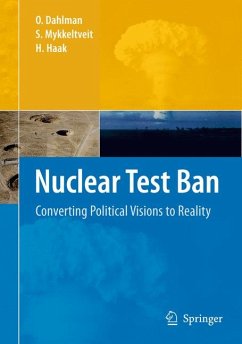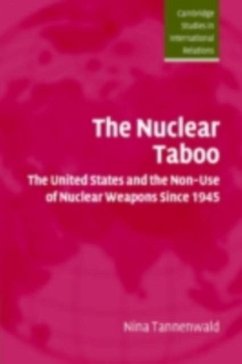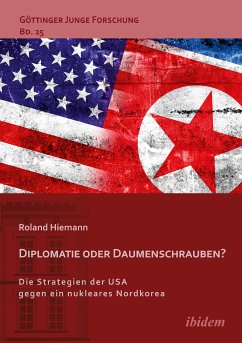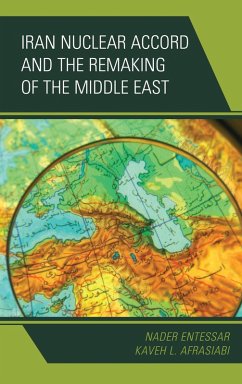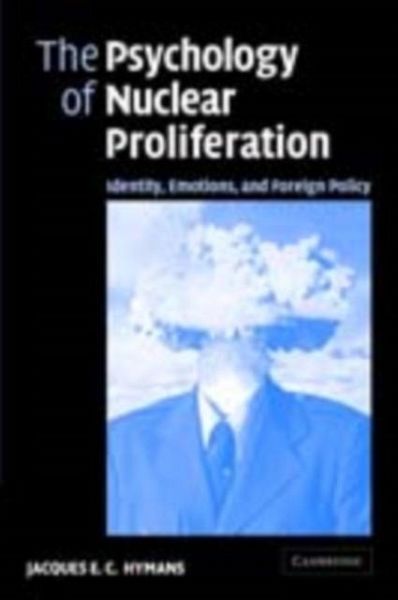
Psychology of Nuclear Proliferation (eBook, PDF)
Identity, Emotions and Foreign Policy
Versandkostenfrei!
Sofort per Download lieferbar
32,95 €
inkl. MwSt.
Weitere Ausgaben:

PAYBACK Punkte
16 °P sammeln!
Dozens of states have long been capable of acquiring nuclear weapons, yet only a few have actually done so. Jacques E. C. Hymans finds that the key to this surprising historical pattern lies not in externally imposed constraints, but rather in state leaders' conceptions of the national identity. Synthesizing a wide range of scholarship from the humanities and social sciences to experimental psychology and neuroscience, Hymans builds a rigorous model of decisionmaking that links identity to emotions and ultimately to nuclear policy choices. Exhaustively researched case studies of France, India,...
Dozens of states have long been capable of acquiring nuclear weapons, yet only a few have actually done so. Jacques E. C. Hymans finds that the key to this surprising historical pattern lies not in externally imposed constraints, but rather in state leaders' conceptions of the national identity. Synthesizing a wide range of scholarship from the humanities and social sciences to experimental psychology and neuroscience, Hymans builds a rigorous model of decisionmaking that links identity to emotions and ultimately to nuclear policy choices. Exhaustively researched case studies of France, India, Argentina, and Australia - two that got the bomb and two that abstained - demonstrate the value of this model while debunking common myths. This book will be invaluable to policymakers and concerned citizens who are frustrated with the frequent misjudgments of states' nuclear ambitions, and to scholars who seek a better understanding of how leaders make big foreign policy decisions.
Dieser Download kann aus rechtlichen Gründen nur mit Rechnungsadresse in A, B, BG, CY, CZ, D, DK, EW, E, FIN, F, GR, HR, H, IRL, I, LT, L, LR, M, NL, PL, P, R, S, SLO, SK ausgeliefert werden.




